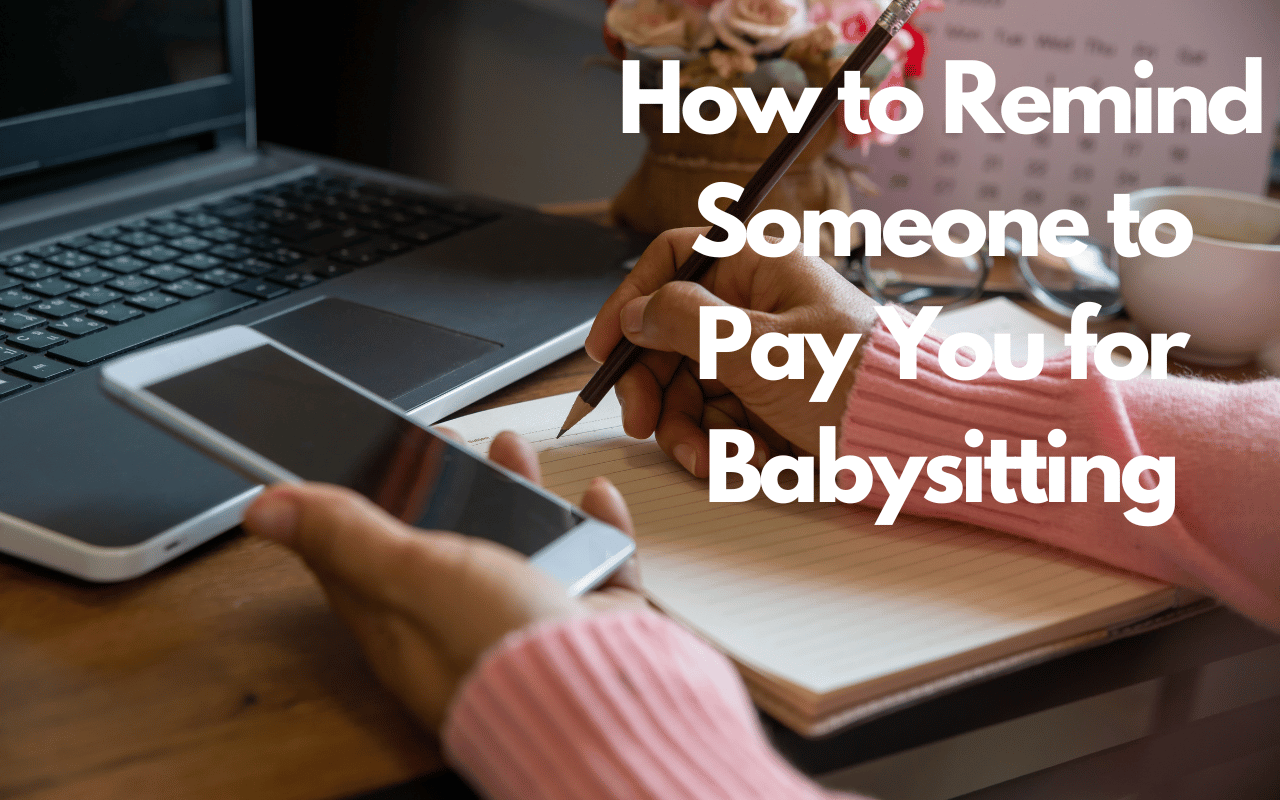11 Expert Tips on How to Avoid Paying Alimony: A Comprehensive Guide

Are you seeking ways to avoid paying alimony? This guide offers expert advice on navigating alimony laws. We’ll explore strategies to reduce or eliminate payments. How to avoid paying alimony is a complex topic, but we’re here to help.
- 11 Expert Tips on How to Avoid Paying Alimony: A Comprehensive Guide
- Understanding Alimony Laws
- Negotiating a Prenuptial Agreement
- Proving Cohabitation of the Ex-Spouse
- Seeking Modification of Alimony Payments
- Steps to Seek Alimony Modification:
- Exploring Alternative Dispute Resolution Options
- Conclusion
- Frequently Asked Questions
- What is alimony?
- Are there ways to avoid paying alimony?
- Is it possible to modify alimony payments?
- What factors are considered in determining alimony payments?
- Can alimony be tax deductible?
- How can a lawyer help in alimony cases?
- What are the consequences of avoiding alimony payments?
From understanding legal intricacies to negotiating prenups, we’ll cover various methods. We’ll delve into proving ex-spouse cohabitation and seeking payment modifications. By the end, you’ll have valuable insights on how to avoid paying alimony.
Understanding Alimony Laws
Alimony, or spousal support, is a court-ordered payment following divorce. Its purpose is maintaining the recipient’s marital standard of living. Several factors determine alimony payments. These include marriage length, income, earning potential, age, and health.
Alimony laws vary by state. It’s crucial to know your jurisdiction’s specific laws. Consulting a family law attorney can provide necessary guidance. They can help protect your rights and understand your obligations.
Negotiating a Prenuptial Agreement
A prenuptial agreement is a powerful tool to avoid paying alimony. Open communication with your future spouse is key. Discuss individual assets, debts, and financial goals. This ensures both parties agree on terms.
Seek advice from a qualified family law attorney. They can draft a legally binding agreement. A skilled lawyer can guide you on what to include. They can also advise on negotiation strategies.
Consider using a mediator to facilitate negotiations. Mediation can help resolve conflicts. It ensures both parties voice concerns and reach a mutually beneficial agreement.
| Benefits of Prenuptial Agreements | Key Steps in Negotiation |
|---|---|
| 1. Protecting individual assets | 1. Open communication |
| 2. Clarifying financial expectations | 2. Seek legal advice |
| 3. Minimizing future conflict | 3. Consider mediation |
Proving Cohabitation of the Ex-Spouse
Proving ex-spouse cohabitation can help avoid paying alimony. Cohabitation means living with someone in a romantic relationship. Gathering evidence is crucial if you suspect your ex-spouse is cohabitating.
One method is collecting information from neighbors, friends, or family. Their firsthand knowledge can provide compelling evidence. Witness testimony can be powerful in court. Gather as much information as possible from reliable sources.
Another option is hiring a private investigator. They can conduct surveillance and gather photographic evidence. This evidence can support your case for modifying or terminating alimony payments.
| Evidence of Cohabitation | Description |
|---|---|
| Shared residence | Proof of ex-spouse and partner living together |
| Financial interdependence | Joint accounts, shared expenses, co-mingling of finances |
| Public behavior | Acting as a couple in public, attending family events together |
Seeking Modification of Alimony Payments
Facing financial hardship? You may be able to modify your alimony payments. This can help how to avoid paying alimony amounts you can’t afford. The process can be complex, but it’s possible to alleviate some financial burden.
One option is demonstrating significant changes in financial circumstances. This could include job loss, income reduction, or unexpected expenses. Collect evidence of these changes to support your modification request.
Another approach is exploring alternative dispute resolution options. Mediation or arbitration can help negotiate modifications. This collaborative approach can be more amicable than a legal battle.
Steps to Seek Alimony Modification:
- Gather evidence of financial changes
- Consider alternative dispute resolution
- Consult with a family law attorney
Exploring Alternative Dispute Resolution Options
Traditional court battles can be time-consuming and expensive. Alternative dispute resolution offers smoother options. These can help you how to avoid paying alimony or reach fair agreements.
Mediation is one such option. A neutral third party helps couples resolve disputes. It’s often less adversarial and can lead to satisfactory outcomes. Mediation is typically faster and less expensive than litigation.
Collaborative law is another alternative. Each party retains an attorney, but all agree to work together. This approach gives couples more control over the outcome. It’s ideal for those committed to finding mutually beneficial solutions.
| Pros of Alternative Dispute Resolution | Cons of Alternative Dispute Resolution |
|---|---|
| Can be less costly than litigation | May not suit all cases |
| Promotes amicable resolutions | Requires cooperation from both parties |
| Greater control over the process | No formal decision from a judge |
Conclusion
Understanding how to avoid paying alimony is crucial for those facing divorce. We’ve explored various strategies, from prenuptial agreements to proving cohabitation. Remember, each case is unique. What works for one person may not work for another.
Seeking professional legal advice is always recommended. A qualified attorney can guide you through the process. They can help you understand your rights and obligations. With the right approach, you can navigate alimony laws effectively.
Whether you’re looking to reduce payments or avoid them altogether, knowledge is power. Use these insights to make informed decisions. Remember, the goal is to reach a fair and equitable resolution for all parties involved.
Frequently Asked Questions
What is alimony?
Alimony is a legal obligation to provide financial support to a spouse before or after marital separation or divorce.
Are there ways to avoid paying alimony?
Yes, there are legal strategies such as drafting a prenuptial agreement, proving that the recipient spouse is self-sufficient, or negotiating a lump-sum settlement.
Is it possible to modify alimony payments?
Yes, alimony payments can be modified if there is a change in either spouse’s financial situation, such as job loss, illness, or retirement.
What factors are considered in determining alimony payments?
Factors such as the length of the marriage, each spouse’s income and assets, their age and health, and their standard of living during the marriage are all taken into account in determining alimony payments.
Can alimony be tax deductible?
Yes, alimony payments can be tax deductible for the payer and taxable income for the recipient, as per the IRS guidelines.
How can a lawyer help in alimony cases?
A lawyer can provide legal advice, help negotiate a fair alimony settlement, represent your interests in court, and guide you through the legal process of alimony.
What are the consequences of avoiding alimony payments?
Avoiding alimony payments can result in legal consequences such as having to pay back the owed amount with interest, a contempt of court charge, or wage garnishment.







